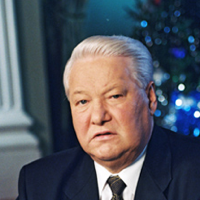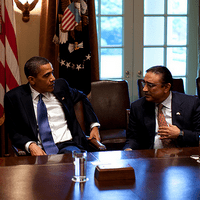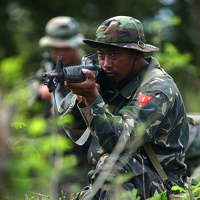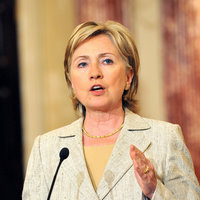
When the Berlin Wall fell in 1989, I was completing my doctoral dissertation on Warsaw Pact-Third World relations. I immediately understood that my time in Soviet studies was done. Why? Because I knew that Russia was full of brilliant political scientists who, once free to pursue their craft free of ideological constraints, would do a better job explaining things there than outsiders could. The generation of Russian scholars that emerged in the post-Soviet era proved me right, and none has consistently impressed more than Dmitri Trenin, who heads up the Moscow office of the Carnegie Endowment for International Peace. Trenin, […]










